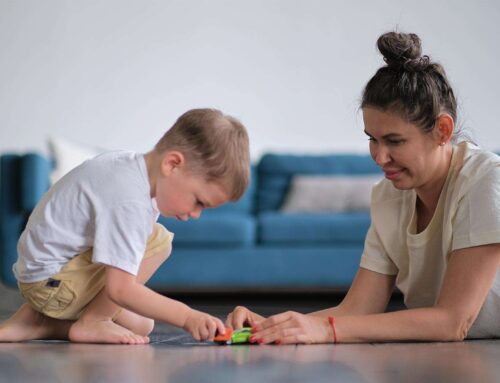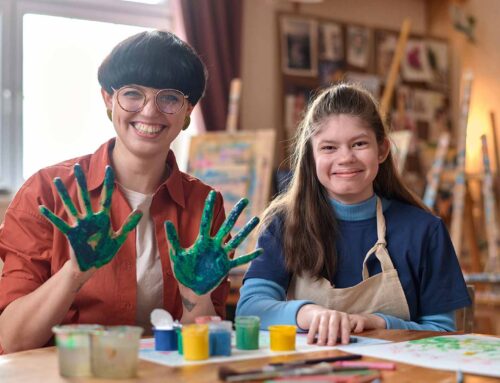Autism spectrum disorder (ASD) is a developmental condition marked by social and communication challenges, often leading to difficulties in forming and maintaining relationships. While each individual on the spectrum presents unique strengths and challenges, fostering social skills development is crucial for their overall well-being and success in life.
The Importance of Social Skills
Social skills are the foundation for building relationships, communicating effectively, and navigating social situations. They encompass a wide range of abilities, including:
-
Non-verbal communication: Understanding and using facial expressions, body language, and eye contact.
-
Verbal communication: Engaging in appropriate conversations, taking turns, and actively listening.
-
Empathy: Recognizing and understanding the emotions of others.
-
Social reciprocity: Initiating and responding to social interactions.
-
Friendship skills: Forming and maintaining friendships.
Strategies for Teaching Social Skills
Teaching social skills to autistic students requires a comprehensive approach that addresses their individual needs and learning styles. Here are some effective strategies:
-
Direct instruction: Provide clear and explicit instruction on social skills, breaking down complex concepts into smaller, manageable steps.
-
Role-playing and modeling: Practice social skills scenarios through role-playing and modeling appropriate behavior.
-
Social stories: Use social stories to describe and explain social situations, helping students understand expectations and appropriate responses.
-
Visual supports: Use visual aids, such as pictures, diagrams, and charts, to reinforce social skills concepts.
-
Peer support: Encourage interaction with neurotypical peers through structured activities and group settings.
-
Positive reinforcement: Acknowledge and praise students’ efforts and progress in developing social skills.
Tailoring Strategies to Individual Needs
The effectiveness of social skills training depends on understanding the unique needs and strengths of each autistic student. Consider their:
-
Age and developmental stage: Adapt strategies to match their cognitive and emotional maturity.
-
Learning style: Use visual, auditory, or kinesthetic approaches based on their preferences.
-
Sensory sensitivities: Minimize distractions and provide accommodations for sensory sensitivities.
-
Individual interests: Incorporate their interests into social skills activities to enhance engagement.
Collaboration and Support
Effective social skills training requires a collaborative effort involving parents, teachers, therapists, and peers. Regular communication and collaboration among these individuals are essential to ensure a consistent and supportive learning environment.
Teaching social skills to autistic students is an ongoing process that requires耐心, dedication, and a deep understanding of their unique needs. By implementing comprehensive and individualized strategies, we can empower autistic students to navigate social situations with confidence and build meaningful relationships.
If you are serious about learning, then one-on-one classes at OrbRom Center are the best way to go. Our experienced teachers will help you achieve your academic goals. Contact us TODAY.
Welcome to OrbRom Centre
Choosing learning support for your child is one of the most important decisions you will make, and I welcome you to discover more about why OrbRom is the best option in Phnom Penh.

H. Sophaneth B.Ed, M.Ed





Leave A Comment